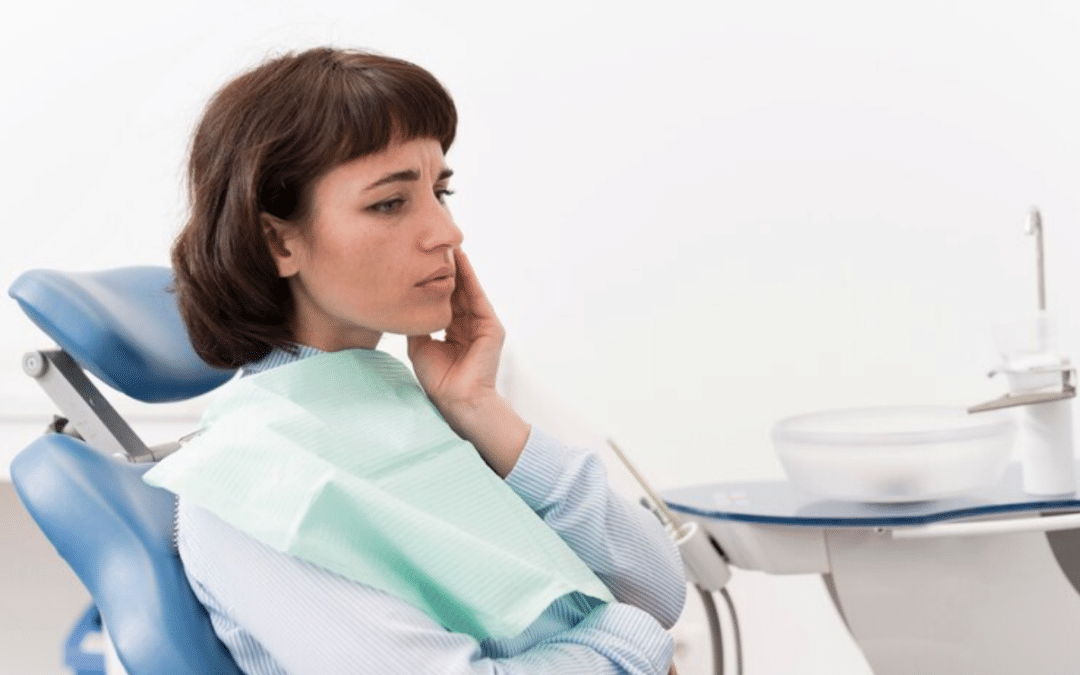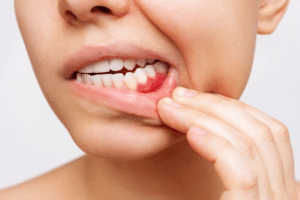Gum injuries can happen suddenly and cause significant pain and discomfort. Whether you accidentally bite down too hard or suffer an impact on the mouth, understanding when to seek emergency dental care is crucial. Knowing the difference between minor gum injuries and those that require immediate attention can save you from potential complications.
Recognizing the severity of a gum injury isn’t always straightforward. Some symptoms may indicate a need for urgent care to prevent infection or further damage. In this blog, we will explore common causes of gum injuries, signs that you need to see an emergency dentist, and steps you can take to manage the injury before professional help arrives.
Your gum health is vital to your overall well-being, so let’s dive into the essential information you need to protect your smile.
Common Causes of Gum Injuries
Gum injuries can result from various activities and incidents. Understanding the common causes can help you prevent such injuries and take prompt action if they occur.
Accidental Biting
- Biting down too hard on food
- Accidentally biting the inside of your cheek or lip
Impact Injuries
- Sports-related injuries
- Falls or collisions
- Blows to the face during physical altercations
Dental Procedures
- Aggressive brushing or flossing
- Dental tools causing accidental cuts or abrasions
Foreign Objects
- Hard or sharp foods like chips or candy
- Using teeth as tools to open packages
Signs You Need an Emergency Dentist
Not every gum injury requires a trip to the emergency dentist, but certain symptoms should not be ignored. Here’s how to identify when professional care is needed:
Persistent Bleeding
- Bleeding that doesn’t stop after applying pressure
- Bleeding lasting more than 10-15 minutes
Severe Pain
- Intense, throbbing pain that doesn’t subside
- Pain interfering with normal activities
Swelling and Inflammation
- Rapid or severe swelling around the gums
- Redness and inflammation that worsens over time
Visible Damage
- Deep cuts or lacerations in the gum tissue
- Teeth that feel loose or are out of place
Immediate Steps to Take for Gum Injuries
Knowing what to do immediately after a gum injury can make a significant difference in the outcome. Follow these steps to manage the injury until you can see a dentist.
Rinse Your Mouth
- Use warm salt water to rinse your mouth
- This helps to clean the area and reduce bacteria
Apply Pressure
- Use a clean gauze or cloth to apply pressure to the bleeding area
- Maintain pressure for at least 10 minutes
Cold Compress
- Apply a cold compress to the outside of your mouth
- This reduces swelling and numbs the pain
Pain Relief
- Over-the-counter pain relievers can help manage discomfort
- Avoid aspirin, as it can increase bleeding
Preventing Gum Injuries
Preventing gum injuries is always better than treating them. Here are some practical tips to help you avoid common causes of gum injuries.
Proper Dental Hygiene
- Brush and floss gently to avoid damaging gums
- Use a soft-bristled toothbrush
Mouthguards for Sports
- Wear a mouthguard during sports activities
- Custom-fit guards offer the best protection
Safe Eating Habits
- Avoid biting into very hard foods
- Be cautious with sharp or crunchy foods
Avoid Using Teeth as Tools
- Don’t use your teeth to open packages or bottles
- Use proper tools instead
When to Visit a Dentist for Non-Emergency Gum Issues?
Sometimes gum issues require professional care even if they aren’t emergencies. Here are some scenarios where you should schedule a dental appointment.
Persistent Gum Sensitivity
- Sensitivity that doesn’t improve with good dental hygiene
- Could indicate underlying issues like gum disease
Regular Check-ups
- Routine dental visits can catch issues before they become serious
- Professional cleanings help maintain gum health
Minor Cuts and Abrasions
- Small injuries that don’t heal within a few days
- May require professional cleaning to prevent infection
How an Emergency Dentist Can Help?
An emergency dentist can provide immediate care to prevent complications from gum injuries. Here’s what you can expect during your visit.
Thorough Examination
- Detailed assessment of the injury
- X-rays to check for underlying damage
Professional Cleaning
- Cleaning the wound to prevent infection
- Removing any debris or foreign objects
Treatment and Repair
- Stitches for deep cuts or lacerations
- Medication for pain and infection control
Long-Term Care for Gum Health
Maintaining healthy gums is essential for overall dental health. Here’s how to care for your gums after an injury and beyond.
Follow-Up Visits
- Schedule follow-up appointments to monitor healing
- Address any ongoing issues or concerns
Proper Dental Care Routine
- Brush and floss regularly
- Use antibacterial mouthwash to reduce bacteria
Healthy Lifestyle Choices
- Eat a balanced diet rich in vitamins and minerals
- Avoid tobacco and limit alcohol consumption
Regular Dental Check-Ups
- Visit your dentist regularly for cleanings and exams
- Early detection of potential problems ensures better outcomes
Understanding when to seek emergency dental care for a gum injury can save you from further complications and ensure you get the right treatment promptly. Your dentist is your partner in maintaining optimal gum health, so never hesitate to reach out if you’re unsure about the severity of an injury. Taking proactive steps and following a good dental care routine will keep your gums healthy and strong.


